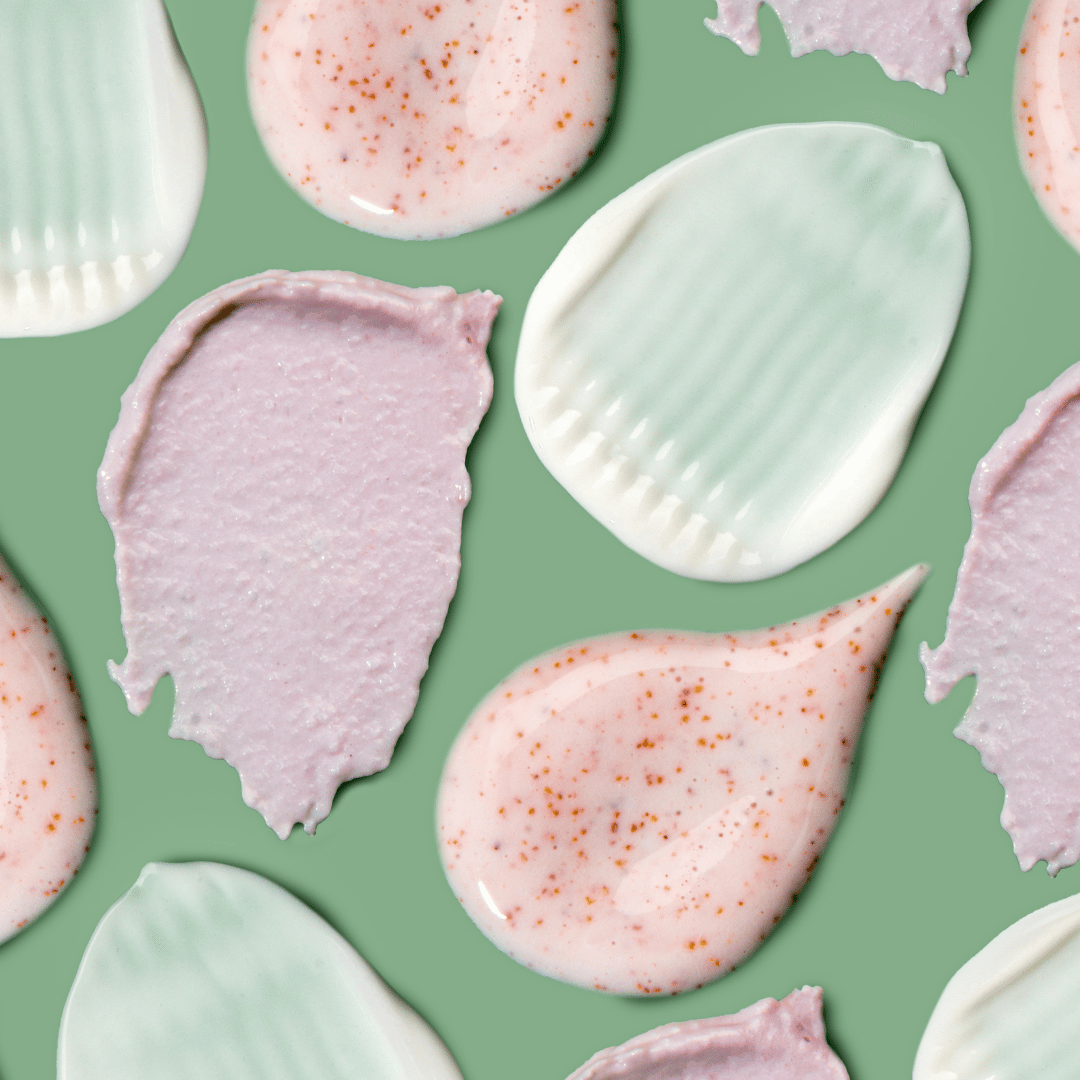
Skin Cycling 101: The Key to Unlocking Your Best Skin Yet!
Have you ever heard of skin cycling?
It's a term that's becoming increasingly popular in the skincare world, but what does it actually mean, and do you need to do it?
Read on to learn all about Skin Cycling.
Q: What is skin cycling?
A: Skin cycling refers to the natural process of skin cell turnover, which occurs on a regular cycle. During this process, old, dead skin cells are shed from the surface of the skin, and new, healthy skin cells are generated to replace them.
Q: Why is skin cycling important?
A: When the skin cycling process is functioning properly, it can help to promote a more even skin tone, reduce the appearance of fine lines and wrinkles, and prevent clogged pores. It also helps to keep your skin looking healthy and youthful.
Q: What factors can slow down the skin cycling process?
A: Various factors can slow down the skin cycling process, including aging, environmental factors like pollution and sun damage, and lifestyle factors like smoking, poor diet, and stress.
Q: What happens when the skin cycling process slows down?
A: When the skin cycling process slows down, dead skin cells can accumulate on the surface of the skin, which can cause it to look dull, dry, and flaky. It can also lead to clogged pores, which can contribute to acne and other skin conditions.
Q: How can I support the skin cycling process?
A: To support the skin cycling process, it's important to maintain a healthy lifestyle by eating a balanced diet, getting enough sleep, staying hydrated, and protecting your skin from environmental damage. You can also use skincare products that contain exfoliating ingredients like alpha-hydroxy acids (AHAs) and beta-hydroxy acids (BHAs) to help remove dead skin cells and promote cell turnover.
Q: Does everyone have the same skin cycling process?
A: No, everyone's skin is different, and the skin cycling process can vary from person to person. Some people may naturally have a faster or slower skin cycling process, and factors like age and skin type can also influence this process.
Q: Should I consult with a dermatologist about my skin cycling process?
A: If you're unsure about your skin cycling process or how to support it, it's always a good idea to consult with a dermatologist. They can help you understand your skin type and recommend the best products and treatments to support your skin health.
In conclusion, skin cycling is a natural process that helps to keep your skin looking healthy and youthful. By understanding the concept of skin cycling and taking steps to support it, you can help to maintain a healthy, glowing complexion.



